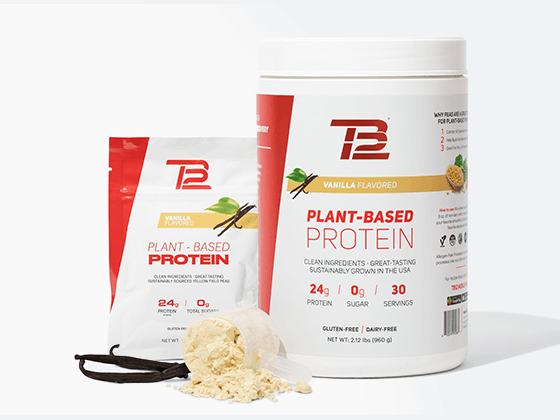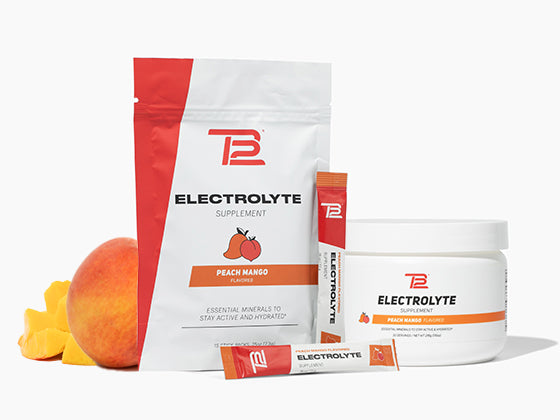GUT HEALTH and gut bacteria have become a hot topic in health, with connections being drawn to immune system dysfunction, obesity, the type-2 diabetes epidemic, and even neurological conditions like anxiety, depression, and autism spectrum disorder.
What is the Gut Microbiota & Why Is It Crucial to Your Health?
The human gut contains tens of trillions of microorganisms, representing over 1,000 different species of bacteria. This group of microorganisms — called the “microbiota” — can weigh up to four and a half pounds and creates a vital ecosystem that is sometimes referred to as an “acquired organ” — “acquired” because it doesn’t start developing until birth.
What does the microbiota do?
Among other activities critical to health, a healthy microbiota helps the body with digestion, supports the immune system, and helps with the production of vitamins, including vitamin B and K. Unfortunately, human gut health has suffered due to extensive food processing and other aspects of modern life.
Compared to the 1,000 species of bacteria in present-day Americans’ gut, the indigenous population living in the Amazonas of Venezuela hosts closer to 1,600 unique species of gut bacteria.
According to Stanford researchers Justin Sonnenburg, PhD, (assistant professor in the Department of Microbiology and Immunology) and Erica Sonnenburg, PhD (senior research scientist at the Stanford University School of Medicine), authors of “The Good Gut,” studying the microbiota of hunter-gatherer groups helps indicate the impact of modern agriculture and food processing on the human microbiota. “Their diet and microbiota provides the closest modern-day approximation to that of our ancestors who lived before the advent of agriculture.”
In their book, discussing this significant loss of microbial species and the continued threat brought on by antibiotics and processed food, they write, “Our gut bacteria belong on the endangered species list.” The cost of this loss of diversity? One thing we know for sure is that the immune system suffers.
When the immune system is working well it can fight sickness and disease. When it’s not working well, it can’t, and you are at greater risk for autoimmune diseases and other illnesses.
When it comes to the strength our our immune system, gut microbiota “sets the dial.” Probiotics Versus Prebiotics: A Comparison- How you live and what you eat can make a substantial difference in the health of your gut and immune system.
Consume prebiotics
According to the International Scientific Association for Probiotics & Prebiotics (ISAPP), prebiotics are“a substrate that is selectively utilized by host microorganisms conferring a health benefit.” In other words, prebiotics are food for the good microbes you want to feed.
Research has established that consuming prebiotics can:
- Improve the absorption of calcium
- Help you regulate blood sugar levels
- Improve the health of your colon
You can increase your prebiotic intake with specific foods and quality prebiotic supplements. The list includes bananas, garlic, and onions.
What Probiotics Can Do To Improve Gut Health & the Immune System
Consume probiotics
The ISAPP defines probiotics as, “live microorganisms that, when administered in adequate amounts, confer a health benefit on the host.” These are the bugs that make up your microbiota and are symbiotically intertwined with just about every aspect of health you can think of. Diversity of these bacteria is key to preventing what the Sonnenburgs call a "system collapse.”
Research indicates that probiotics can
- Contribute to healthy immune function
- Improve absorption of nutrients
- Aid digestive health
- Protect you from harmful microorganisms & Good sources of probiotics include fermented foods like yogurt and kefir.
Quality probiotic supplements are also a good source. Probiotics are not a cure-all, and experts like the Sonnenburgs advise that you conduct experiments with foods and supplements to find out what works best for your unique microbiota. The ISAPP also offers guidance on how to safely and effectively add probiotics to your diet.
If you’re looking to use probiotics to address a health condition, it’s always best to start by consulting your doctor.
Your Lifestyle
Another Powerful Contributor to Gut Health
Being lean, exercising, and living a bit more like the ancient hunter-gatherers can offer profoundly positive effects to the diversity of healthy gut bacteria. Here are some other simple things you can do:
Go fetch
That's right, owning a dog is good for your gut microbe diversity.
The first priority when it comes to welcoming home a dog is that you in fact really want a dog! But if you do, owning and spending time in close proximity to a dog is a good way to expose you and anyone else in your family to helpful bacteria that can help diversify your gut microbiota.
Play in the dirt
Soil (free of toxic chemicals and fertilizers) can be an even more robust source of good bacteria than pets. So if you don’t want a pet (or want even more exposure to helpful bacteria), exercising outdoors (think burpees and pushups), gardening, and participating in field sports are simple yet potent ways to improve gut health.
Use natural cleaners
One tip offered in “The Good Gut” is to swap out store-bought cleaners for something more friendly to your microbiome. “A more microbe-friendly approach to cleaning is to use less-toxic cleaners such as vinegar, castile soap, and lemon juice, which will allow increased exposure to microbes and may lessen the risk of the misfiring immune system that is plaguing the Western world.”
Eat more plant-based foods, less meat
Eating a diet with plenty of vegetables is a good thing for gut health. Consuming too much meat can actually feed the harmful strains of gut bacteria, so we encourage moderation!
“Every person’s alliance with microbes begins at birth,” write Justin and Erica Sonneburg. While in the womb, we're sterile. But that changes after we're born. “Current knowledge indicates that most of us living in the modern world could benefit our immune system by increasing our microbial exposure. How you accomplish this should be in a way that is safe, comfortable to accomplish, and compatible with your lifestyle.”
While we are just beginning to learn about our connections between the health of our gut and our overall health, we do know that taking action can make a positive difference. The above tips will set you on your way!





